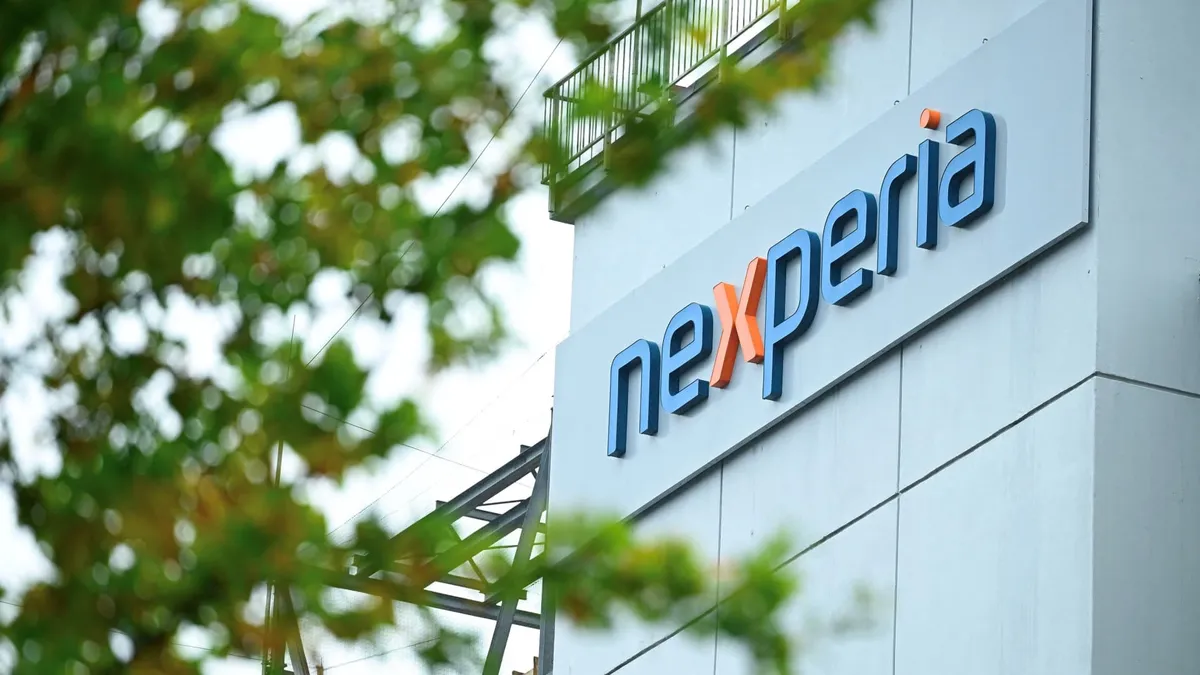
Based in the Netherlands, Nexperia is currently at the center of a significant standoff involving the European Union, the U.S., and China. This situation has escalated to a near-crisis for global automakers, affecting the automotive supply chain worldwide. In October, the Dutch government seized control of Nexperia, which is owned by the Chinese company Wingtech, citing important national security concerns. As a reaction to this move, Beijing has blocked Nexperia products from being exported out of China.
Currently, meetings are taking place in Europe to address and hopefully defuse this escalating issue. Both Chinese and U.S. authorities seem to be working towards creating a pathway for Nexperia's China-based operations to resume the export of critical automotive chips. However, spokespersons for the White House and Nexperia have not yet responded to requests for comment. Until a resolution is found, the auto industry's supply chain remains precarious.
The ongoing dispute is posing a serious threat to vehicle production on a global scale, with many automakers warning of potential shortages of Nexperia's essential components. These components are vital for basic electrical functions in vehicles and are challenging to replace on short notice. Nexperia manufactures billions of foundational chips, including transistors, diodes, and power management components. These chips are produced in Europe, assembled and tested in China, and then re-exported to customers globally.
Approximately 70% of the chips manufactured in the Netherlands are sent to China for final assembly and re-exportation. These chips are basic and inexpensive, yet they are integral to nearly every electronic device, including automobiles. In vehicles, these chips facilitate connections between batteries and motors, control lighting and sensors, and manage braking systems, airbag controllers, entertainment systems, and electric windows. Notably, Nexperia reported sales of around $2 billion last year.
In late October, prominent automakers such as Volkswagen, Nissan Motor, and Mercedes-Benz raised alarms regarding potential production cuts if Nexperia's chip exports continue to be curtailed. While automakers typically maintain some inventory and have alternative suppliers, switching supply sources overnight is fraught with challenges.
In September, the Dutch government invoked a Cold War-era law to take effective control of Nexperia due to concerns over Wingtech's intentions to transfer intellectual property to another company under its ownership. Additionally, a Dutch court suspended Nexperia's CEO, Zhang Xuezhen, who is also the founder of Wingtech, citing issues of mismanagement. In retaliation, Beijing imposed export controls on certain Nexperia products manufactured in China, escalating tensions and raising concerns about a broader supply chain shock.
This situation has led Nexperia to inform automakers that it could no longer guarantee supplies. However, recent developments indicate potential progress. Reports have emerged stating that the U.S. plans to announce Nexperia's resumption of chip exports under a framework agreement reached during talks between President Donald Trump and Chinese leader Xi Jinping. Furthermore, on Saturday, China announced it would exempt some Nexperia chips from its export ban, although specifics regarding these exemptions have not been disclosed.
The Chinese Commerce Ministry stated, "We will comprehensively consider the actual situation of the enterprise and exempt eligible exports." If these exemptions are finalized, they could alleviate immediate pressures on automakers. Yet, the overarching dispute regarding ownership, technology control, and security oversight remains unresolved, indicating that the road ahead will be complex and fraught with challenges.